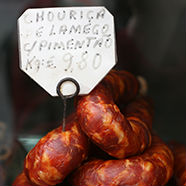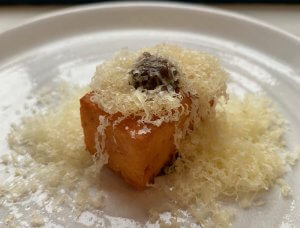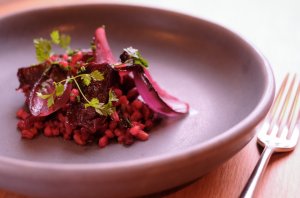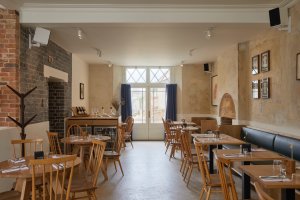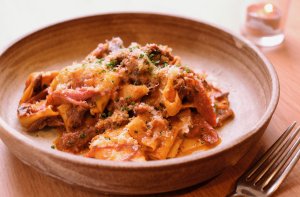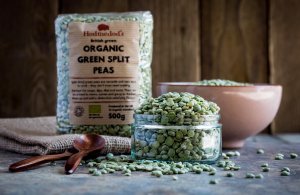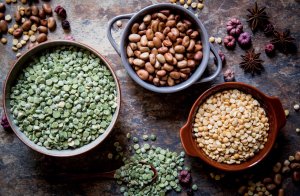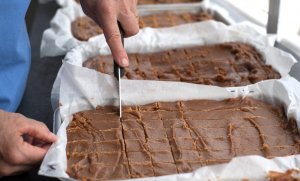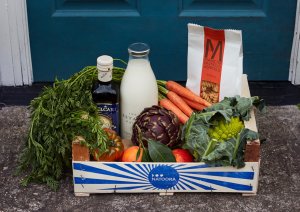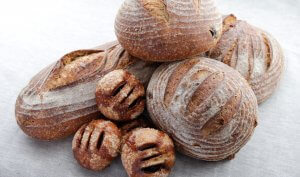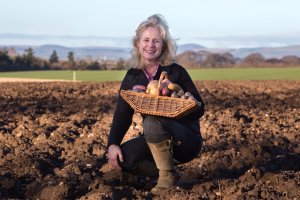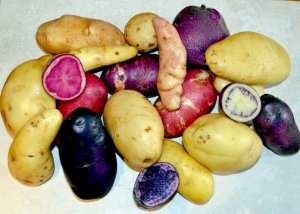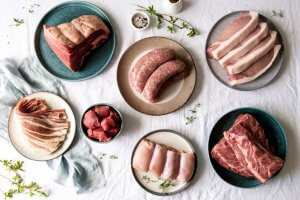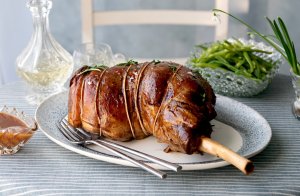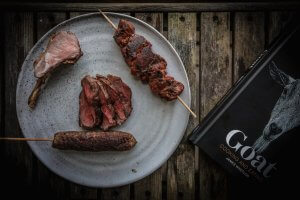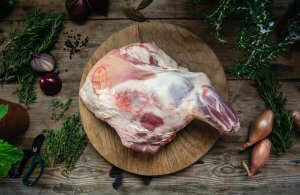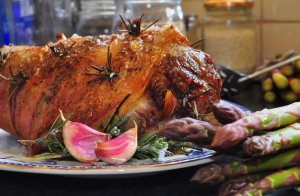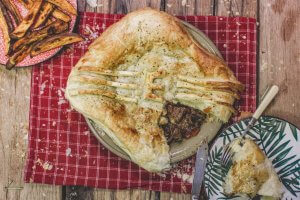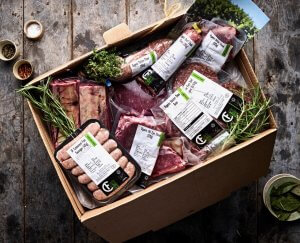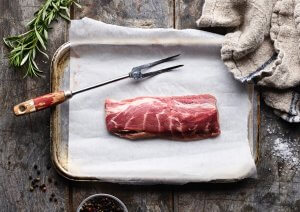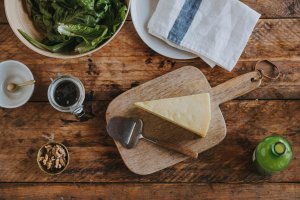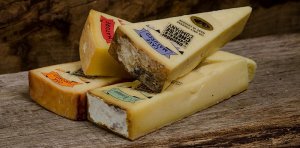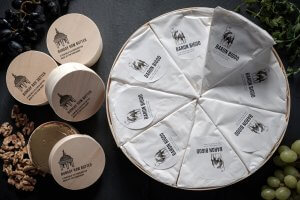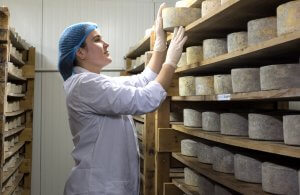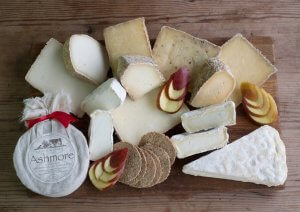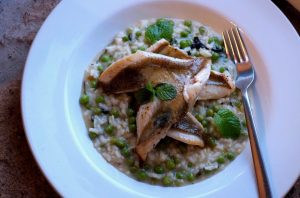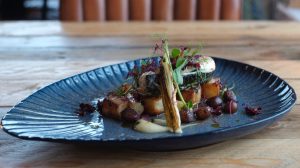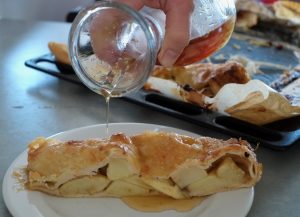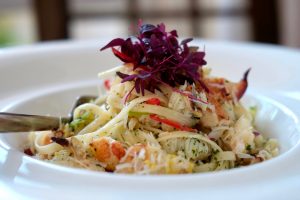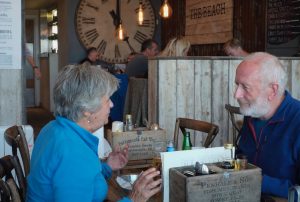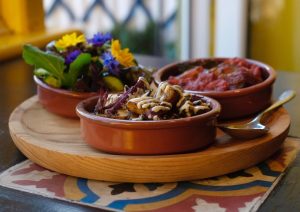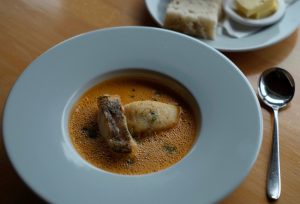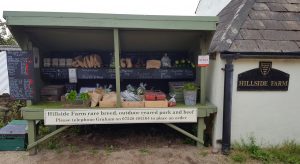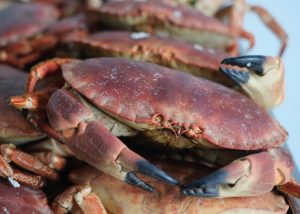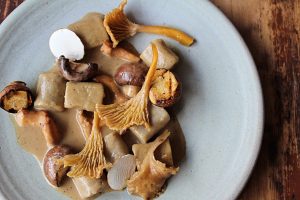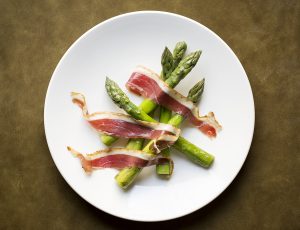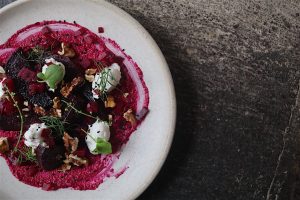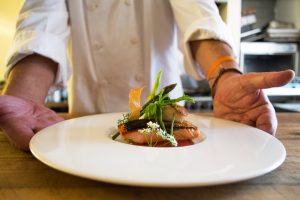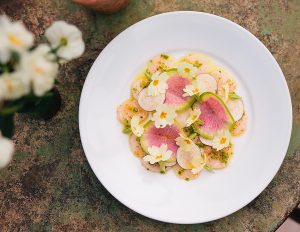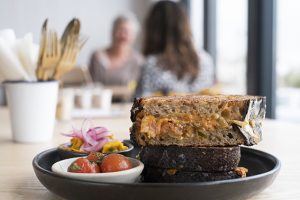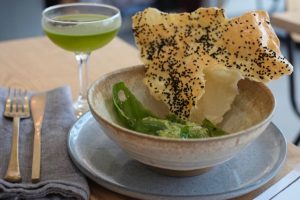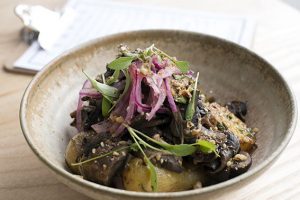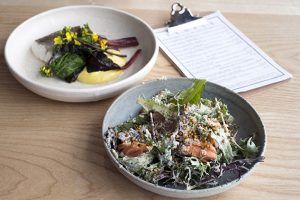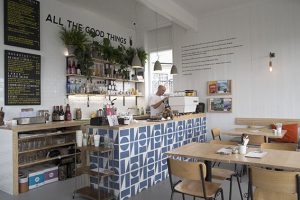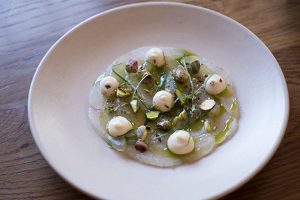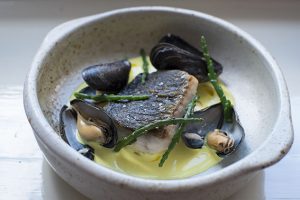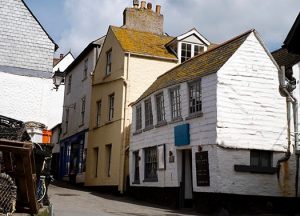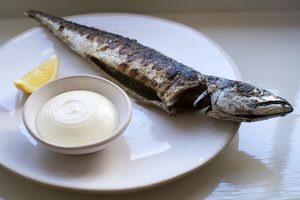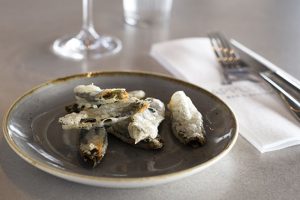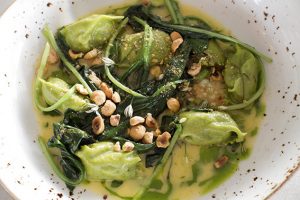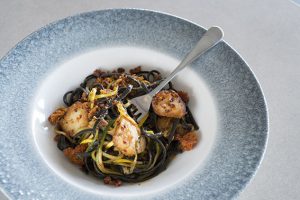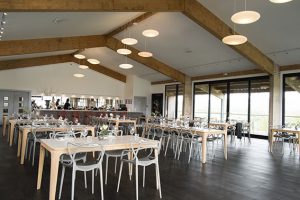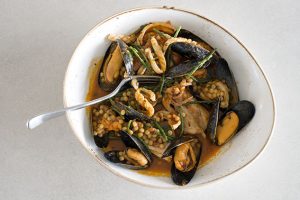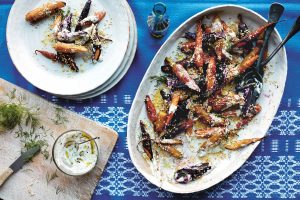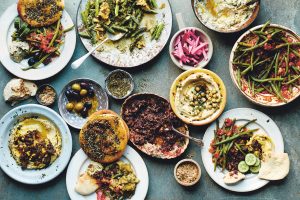Home, said Elvis, is where the heart is. I agree, I love my home – even if over the past 20 months, I’ve been getting to know the inside of my home a little too well.
Today I visited a different sort of home, but one just as heart-warming as my own. This one nestles in the elegant honey-stoned Somerset market town of South Petherton – and it also happens to be a restaurant.
This home, though, is spelled Holm, rather than Home. A holm, I learn, means an islet of a river – an appropriate name for a spot that’s in the heart of the Somerset Levels. Holm the restaurant is the fourth opening from the talented team behind London’s Salon, Levan and Larry’s restaurants, all sharing an emphasis on seasonal and creative food in a casual setting.
As I’m a food writer, you might not be too astonished to hear that I’ve just eaten in a restaurant. But hang on a mo. You might also know that for this past year I’ve set myself the challenge of eating only British food. So eating out is now something I don’t do lightly, or without careful research beforehand. But having met co-owner Mark Gurney while volunteering at Melilot Farm in Cornwall this summer, I felt confident there’d be enough for me to eat.
I am not mistaken. Appetiser is a Westcombe Cheddar fry, a spin on the Comte fry that’s become a signature at Salon. An assembly of confit leek, Westcombe cheddar and flour, it’s topped with pickled walnut ketchup and finely grated Cheddar. Of course it leaves me wanting more, and luckily more is there in the form of a plate of vegetable pickles and a chunk of homemade sourdough as big as my fist. I slather its pillowy dough with lashings of Longman’s butter, sprinkled with properly British sea salt.
Ingredients are ridiculously local too – so much so that on a fine day you could probably see the fields where your veg is grown. I kick off my three-course lunchtime menu (£25) with a roasted beetroot risotto that happily shuns white rice in favour of Sharpham Park spelt grains which are beautifully nutty without being virtuous. A nice kick of acidicity is provided by the pickled fried onions on the top, that are crowned by that winter herbal beauty, chervil.
The decor is equally honest and unpretentious – walls stripped down to bare plaster, custom-crafted round oak tables, and simple black and white prints. The grandiose building used to be a bank and its vaults have cunningly been transformed into storage for Mark’s selection of low-intervention wines, divided into Classics and Outliers. Any alarm I might feel at discovering that none are British is soon dispelled by the discovery that Holm stocks no fewer than five British ciders, including a single-variety Dabinett from the tiny Honey Pot Farm just down the road.
But it’s the main course that really hits the jackpot and has me planning my return visit after the first mouthful. It’s a ragu of local venison married with pappardelle that’s handmade from local Shipton Mill flour. Henry Osmond, the head chef, tells me it’s from a wild Sika deer that’s been shot locally, then butchered and cooked on site. The offal is nabbed to fill the Devils on Horseback on the evening tasting menu, but my ragu is a wonderous blend of confit shoulder, smoked ham hock, tomatoes and spices. What. A. Dish.
Dessert is a choice between Chocolate mousse, spelt crumb, and miso ice cream. Or Blackcurrant sorbet with honeycomb. Chocolate and miso being out of bounds for another three weeks (on account of being dastardly foreign) I plump for the sorbet and am not disappointed. I hear squeals of delight from my neighbours as I watch Mark gently work the room to ensure we’re all happy. Such service is an unusual delight, but makes all the difference.
I certainly haven’t gone hungry. I depart deeply grateful to have been able to eat not only British but almost exclusively Somerset. I feel gently thrilled by Holm’s honest, inventive food; and calmed by its friendly service and surroundings. You could say it’s Holm from Holm. But that’d be too much of a cliche.




